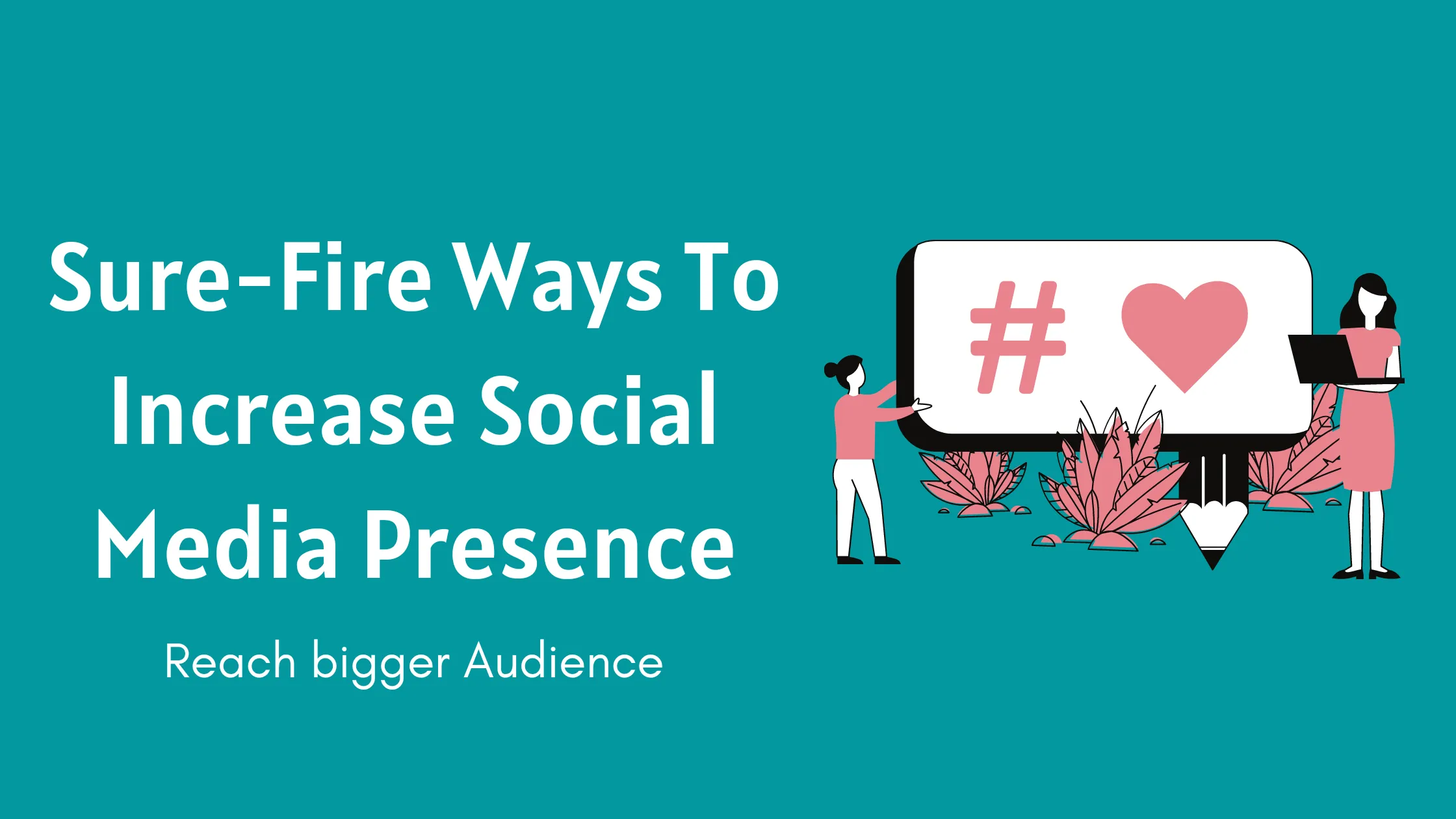In the ever-evolving landscape of digital marketing, businesses are constantly looking for innovative ways to enhance their online presence and improve search engine optimization (SEO). One powerful yet often overlooked strategy is to integrate WhatsApp with customer relationship management (CRM) systems. This integration not only streamlines customer communication, but also contributes significantly to website growth in search engine rankings.
By leveraging the immediacy of WhatsApp and the data-driven capabilities of a CRM, businesses can increase user engagement, improve website metrics, and align with search engine algorithms that prioritize user experience and content relevance. This expert article explores how WhatsApp CRM integration drives SEO growth, delving into its mechanics, benefits, and practical applications.
Understanding WhatsApp CRM Integration
With over two billion monthly active users worldwide, WhatsApp is a dominant force in instant messaging. Its business-focused features, such as automated replies, chatbots, and multi-agent support, make it an ideal platform for customer interaction.
When integrated with a CRM system, WhatsApp becomes a central hub for managing customer communications, tracking interactions, and automating workflows. This synergy allows businesses to capture leads, nurture relationships, and provide real-time support directly from their CRM platform, creating a seamless customer experience.
The integration typically involves connecting WhatsApp's messaging capabilities to a CRM's database and automation tools. This allows companies to store customer data, track conversation history, and automate responses based on predefined triggers.
For example, a lead visiting a website can initiate a WhatsApp conversation that is logged in the CRM for follow-up. This data can be used to personalize interactions, segment audiences, and optimize marketing strategies-all of which have a direct and indirect impact on SEO performance.
How WhatsApp CRM Integration Improves SEO
Search engines like Google prioritize websites that provide an exceptional user experience, high engagement, and relevant content. The WhatsApp CRM integration contributes to these factors in several ways, driving organic traffic and improving search rankings. Here are the key mechanisms by which this integration drives SEO growth.
1. Improve user engagement and reduce bounce rates
User engagement is an important SEO metric. Search engines interpret longer sessions and lower bounce rates as indicators of a website's value to users. WhatsApp CRM integration increases engagement by providing instant, personalized communication channels.
For example, a website visitor can use WhatsApp to ask questions, receive immediate answers, and stay engaged with the brand. This reduces the likelihood that users will leave the site prematurely, thereby lowering bounce rates.
By integrating WhatsApp with a CRM, businesses can automate responses to common queries, such as product details or shipping information, ensuring that users receive prompt responses. This real-time interaction keeps visitors on the site longer by allowing them to explore products or services while chatting.
In addition, CRM data allows companies to tailor responses based on user behavior, such as recommending products viewed on the site, further increasing engagement. Improved engagement metrics signal to search engines that the site is user-friendly, increasing its ranking potential.
2. Improve lead capture and conversion rates
Effective lead capture is critical for both sales and SEO. Websites that convert visitors into leads or customers are often considered more authoritative by search engines. WhatsApp CRM integration streamlines lead capture by allowing businesses to collect contact information directly through WhatsApp conversations. For example, a website can include a WhatsApp chat widget that prompts users to share their information to receive personalized offers or support.
Once captured, these leads are stored in the CRM, allowing businesses to nurture them with targeted follow-ups. Automated workflows can send personalized messages, such as abandoned cart reminders or special promotions, to encourage users to return to the site.
Higher conversion rates demonstrate to search engines that the site is meeting user needs, improving its relevance and authority in search results.
3. Drive website traffic with personalized campaigns
WhatsApp CRM integration enables businesses to run personalized marketing campaigns that drive traffic back to their websites. By leveraging CRM data, businesses can segment their audience based on demographics, purchase history, or website behavior and send targeted WhatsApp messages. For example, a user who browsed a specific product category can receive a WhatsApp message with a link to a related landing page or blog post. These campaigns increase click-through rates and drive targeted traffic to the website.
Search engines value consistent, high-quality traffic, especially when it comes from a variety of sources. WhatsApp-driven traffic is particularly valuable because it is often highly engaged and intent driven. For example, a user who clicks on a WhatsApp link to a product page is more likely to make a purchase than a casual visitor. This targeted traffic improves the website's relevance for specific keywords, contributing to higher rankings.
4. Increase content relevance with user insights
Content is the backbone of SEO, and WhatsApp CRM integration provides valuable insights for creating relevant, user-focused content. By analyzing WhatsApp conversations stored in the CRM, businesses can identify common customer questions, pain points, and interests. This data can inform content strategies, such as creating blog posts, FAQs, or guides that address user needs.
For example, if CRM data shows that customers frequently ask about a product's features, a company can create an in-depth blog post or video tutorial that addresses those questions. By optimizing this content for relevant keywords, the website can attract organic traffic from users searching for these topics. In addition, WhatsApp can be used to promote this content directly to interested users, increasing its visibility and engagement. Search engines reward websites that consistently publish relevant, high-quality content, further boosting their rankings.
5. Enhanced Mobile Experience and Mobile SEO
With mobile searches accounting for a significant portion of web traffic, optimizing for mobile SEO is critical. As a mobile-first platform, WhatsApp fits perfectly into this trend. By integrating WhatsApp with a CRM, businesses can create seamless mobile experiences, such as mobile-friendly chat interfaces and quick response systems. Users can interact with the brand on their phones without navigating complex website forms, increasing accessibility and satisfaction.
A mobile-optimized website with integrated WhatsApp functionality signals to search engines that the site is easy to use across devices. Google's mobile-first indexing prioritizes sites that perform well on mobile, and WhatsApp CRM integration enhances that performance by reducing friction in user interactions. Faster load times, intuitive navigation, and instant communication all contribute to a positive mobile experience and a positive impact on SEO.
6. Increased customer satisfaction and brand authority
Customer satisfaction is an indirect but powerful SEO factor. Satisfied customers are more likely to return to the site, share content, and leave positive reviews-all of which signal authority to search engines. WhatsApp CRM integration improves customer satisfaction by enabling real-time, personalized support. For example, a CRM can trigger automated WhatsApp messages to confirm orders, provide delivery updates, or resolve issues, creating a smooth customer journey.
Positive customer experiences also lead to user-generated content, such as reviews and testimonials, which enhance a website's credibility. By integrating WhatsApp with a CRM, businesses can encourage customers to leave feedback or share their experiences, which can be featured on the website. This user-generated content not only improves SEO by adding fresh, relevant material, but also builds trust with potential customers, further increasing traffic and conversions.
7. Use analytics for SEO optimization
WhatsApp's CRM integration provides access to analytics that can refine SEO strategies. CRMs track metrics such as message open rates, response times, and user engagement, providing insight into what resonates with audiences. For example, if a WhatsApp campaign promoting a blog post has a high click-through rate, businesses can analyze the performance of the content and optimize it for similar keywords or topics.
These analytics also help identify high-intent leads who frequently engage with WhatsApp messages. By targeting these users with tailored website content, businesses can increase time spent and conversions, both of which are positive SEO signals. In addition, CRM data can reveal gaps in the customer journey, allowing you tobusinesses to optimize website pages to address those gaps, further improving user experience and search rankings.
Best Practices for Implementing WhatsApp CRM Integration for SEO
To maximize the SEO benefits of WhatsApp CRM integration, businesses should follow these best practices:
- Optimize WhatsApp chat widgets: Strategically place WhatsApp chat buttons on high-traffic website pages, such as product pages or blogs, to encourage user interaction. Make sure the widget is mobile-friendly and loads quickly to avoid impacting page speed, a key SEO factor.
- Automate with purpose: Use CRM automation to send timely, relevant WhatsApp messages, such as follow-ups or personalized offers. Avoid spamming users, as this can hurt engagement and brand reputation, and negatively impact SEO.
- Segment audiences: Leverage CRM data to segment users based on behavior or preferences. Send targeted WhatsApp messages that drive users to specific website pages, increasing relevance and engagement.
- Monitor analytics: Regularly analyze WhatsApp and CRM data to identify trends and optimize campaigns. Use insights to refine site content, improve user experience, and target high-value keywords.
- Ensure compliance: Adhere to privacy regulations, such as GDPR, when collecting and storing customer data through WhatsApp. Compliance builds trust, which improves user engagement and SEO.
- Integrate with other channels: Combine WhatsApp with email, SMS or social media campaigns to create a cohesive multi-channel strategy. This increases traffic sources and strengthens the website's SEO profile.
Challenges and Considerations
While WhatsApp CRM integration offers significant SEO benefits, businesses need to address potential challenges. Technical setup may require expertise to ensure seamless integration with existing CRM systems. Data security is another concern, as customer information must be protected to maintain trust and comply with regulations. In addition, businesses should avoid over-automation, as overly generic messages can reduce engagement and hurt SEO.
To overcome these challenges, businesses should invest in robust CRM platforms with built-in WhatsApp integration capabilities and prioritize user consent for data collection. Testing and refining WhatsApp campaigns based on CRM analytics can also ensure that messages remain relevant and engaging.
The Bottom Line
Integrating WhatsApp with a CRM system is a game changer for businesses looking to improve their website's SEO performance. By increasing user engagement, improving lead capture, driving targeted traffic, and leveraging data-driven insights, this integration aligns with search engine priorities such as user experience, relevance, and authority.
As customers increasingly demand instant, personalized communications, WhatsApp CRM integration is a powerful way to meet these expectations while driving organic growth. By implementing best practices and addressing potential challenges, businesses can unlock the full potential of this strategy and position their websites for sustainable SEO success in a competitive digital landscape.
Loading comments...








